Top Class Actions’s website and social media posts use affiliate links. If you make a purchase using such links, we may receive a commission, but it will not result in any additional charges to you. Please review our Affiliate Link Disclosure for more information.
Johnson & Johnson has added $1 billion to a $4 billion settlement deal from last year resolving claims in an opioid crisis lawsuit.
The additional contribution is not an admission of liability and instead “results from continued negotiations and is intended to maximize participation in the settlement,” the pharmaceutical company said Tuesday, according to The Hill. With the addition of $1 billion, Johnson & Johnson has upped its participation in the settlement to a total of $5 billion.
Johnson & Johnson’s settlement payment is part of a larger $48 billion deal between four states and four other companies.
Drug distributer McKesson has agreed to pay $6.68 billion over 18 years. Amerisource Bergen and Cardinal Health each will pay around $5.6 billion over 18 years. Drug maker Teva Pharmaceuticals will pay $23 billion in suboxone — an opiate addiction drug — for 10 years.
In total, the deal provides $22 billion in cash and $26 billion in other benefits such as opioid addiction treatments, data tracking and more.
The opioid settlement resolves lawsuits against the companies alleging that their actions played a significant role in America’s opioid crisis.
Opioid drugs such as OxyContin, Vicodin, morphine, fentanyl and others are commonly used by medical professionals to manage pain after surgery or injuries.
Although these drugs are effective in managing pain, they are also incredibly addictive. After someone is prescribed opioids by a doctor, they may eventually develop an addiction — leading them to seek irresponsible opioid prescriptions or even turn to street-drug opioids, such as heroin.
As a result of an opioid addiction, consumers may suffer financial injury along with the physical injury of addiction. Some addicted individuals may even overdose on opioids — leaving a grieving family in their wake.
Opioid addiction has become a crisis in America.
According to the Centers for Disease Control and Prevention (CDC), in 2018 alone, more than 67,000 Americans died from drug overdoses — 70% of which were attributed to opioids. In 2018, the number of drug overdose deaths was four times higher than in 1999.
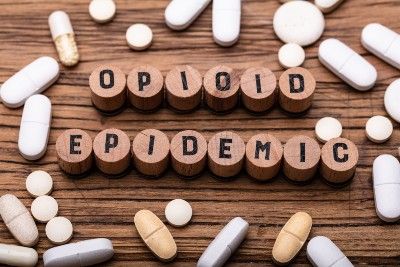
According to legal action against these companies, the promotional and marketing materials for prescription opioids have contributed to the opioid crisis.
The benefits of opioids have allegedly been overstated to physicians and the public, while their downsides, such as addiction, have been left out of marketing, leading the drugs to be widely prescribed to treat pain.
Lawsuits, including one complaint filed by Minneapolis against drug manufacturers, argue the pharmaceutical companies have a responsibility to accurately and safely market their drugs.
As a result of their actions, cities such as Minneapolis have allegedly had their resources drained by the opioid crisis while families struggle with the personal ramifications of addiction.
The recent Johnson & Johnson settlement is a global resolution to such claims that were consolidated in a multidistrict litigation.
“The settlement is not an admission of liability or wrongdoing, and the Company will continue to defend against any litigation that the final agreement does not resolve,” Johnson & Johnson said in a statement following the announcement of the increased settlement amount. “The settlement will provide certainty for involved parties and critical assistance for families and communities in need.”
Several other companies have agreed to resolve opioid claims against them in settlement deals.
Mallinckrodt, a company that produces many of the generic opioids on the market, filed for bankruptcy recently due to the liability it faces in opioid crisis lawsuits. In February, the company agreed to pay $1.6 billion as part of a opioid settlement with 47 state attorneys general.
After the company finishes bankruptcy proceedings, it will reportedly start the opioid settlement with a $450 million payment.
Recently, Purdue told Reuters it is nearing a plea deal with the U.S. Department of Justice in connection with the company’s role in the opioid crisis.
As a part of the deal, Purdue would plead guilty to the criminal charges against it and resolve billions of dollars in criminal penalties. The plea deal could be unveiled within the next few weeks.
Reuters also reported Purdue may be nearing a resolution in civil claims in opioid crisis lawsuits. Like Mallinckrodt, Purdue declared bankruptcy last year in the face of mounting legal liability.
Have your or your family members been affected by the ongoing opioid crisis in America? Share your story in the comment section below.
The Opioid Crisis Settlement is In re: National Prescription Opiate Litigation, Case No. 1:17-md-02804, in the U.S. District Court for the Northern District of Ohio.
Read About More Class Action Lawsuits & Class Action Settlements:

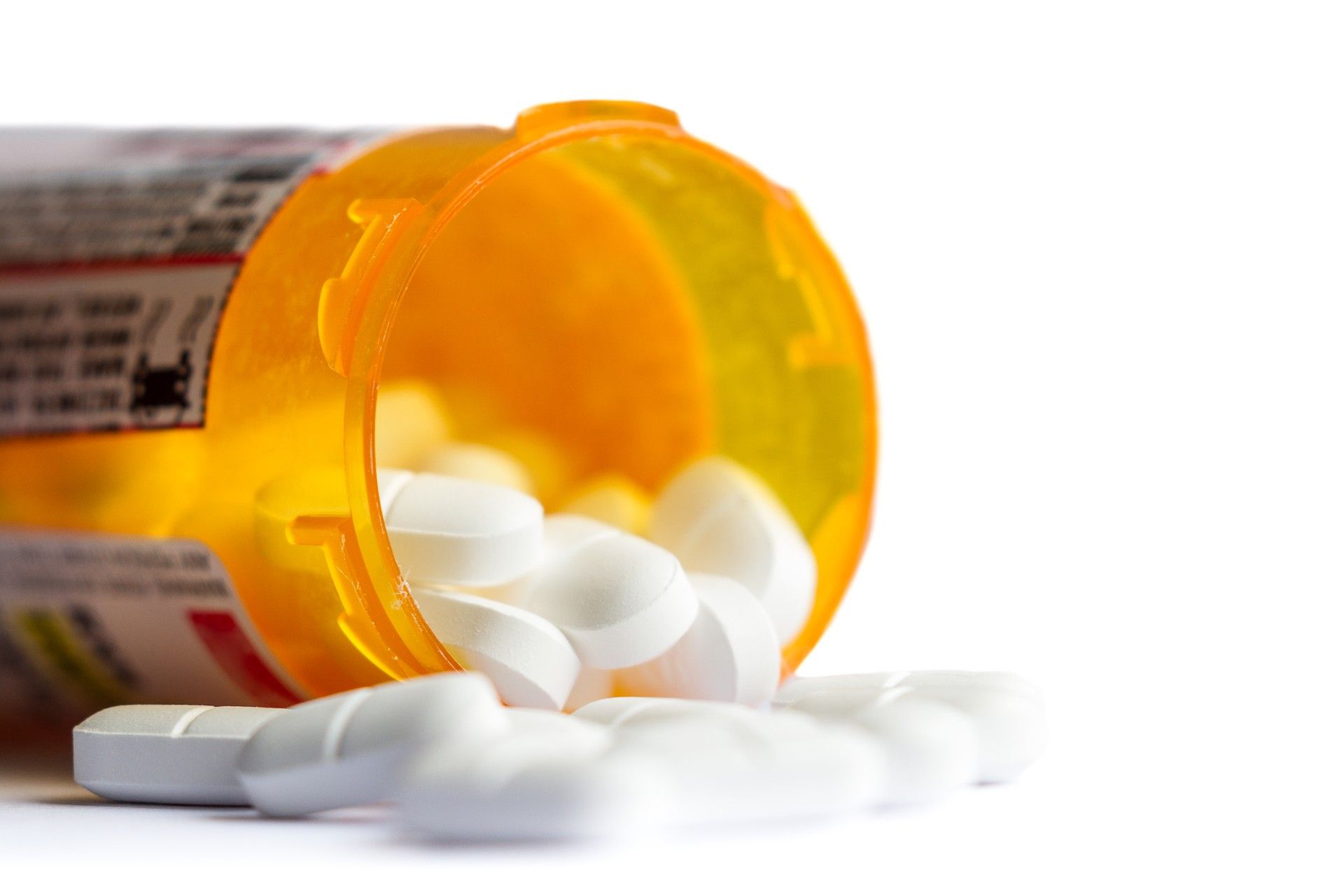


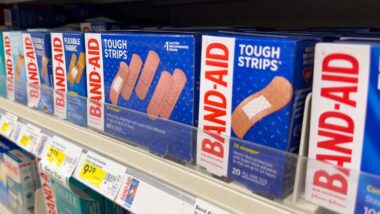
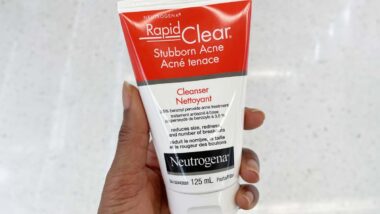
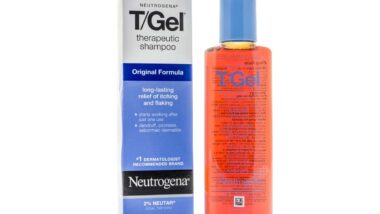

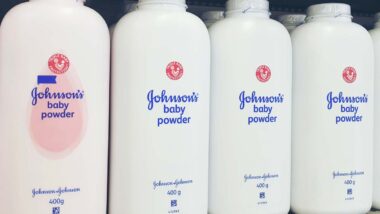



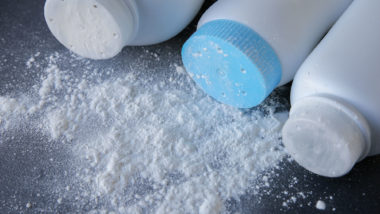
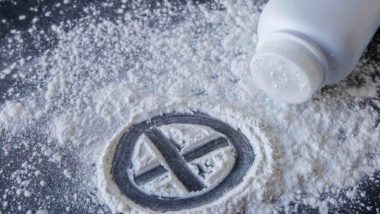
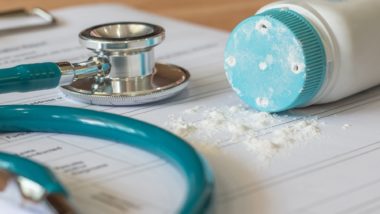
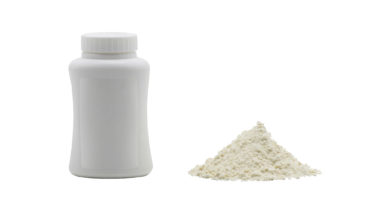
74 thoughts onJohnson & Johnson Ups Offering to $5B In Opioid Settlement Deal
My story about addiction comes from a different perspective than most patients who become addicted through overprescription by Doctors.
Years ago, I myself worked in health profession, and I would get Vicodin and Lortab “samples” from the drug reps that come to the office. They would leave boxes full of these narcotics to give to patients or to use ourselves for pain of any sort. Never once did they talk about addiction or give msds data sheet stating these medications had addictive qualities.
Years went by with these drug representatives from big pharma handing out hordes of samples for opiates. Never once were we told about addictive side effects for these meds. Neither was it mentioned how patients with diagnosed depression (like myself ) should be monitored closely for susceptibility for addiction.
As I said, years went by and I was hopelessly addicted, as were others in the office. I would not have become addicted if these opiate medications were not made so readily available in mass quantities, delivered without any prescription at all, from the drug reps.
The drug reps would put the office on an automatic refill policy whereby the reps would not have to physically come to the office to deliver the narcotic samples, but they would send them via regular shipments through USPS. These shipments were not monitored, so anyone could sign for them, with or without the doctor being present. As I said, the reps kept those shipments coming regularly, and no recording of how much, what quantities were delivered. It was completely unregulated, and irresponsible for these pharmaceutical companies to push these gross amounts of narcotics onto doctors so they could get these medications pushed out into the marketplace.
I started on opiates due to low back pain and was on pain pills since maybe 2004 and was addicted for years. They started arresting these drs that left us sick and got on Herion to try to feel better. Overdosed twice. Now I’m a Chronic Pain patient on Medical Cannabis
Please add me… Started off on morphine in 1999 for a back injury and many other pain pills along the way addicted for over 20 years of my life!
Had several different pain meds over 25 yrs can please contact me